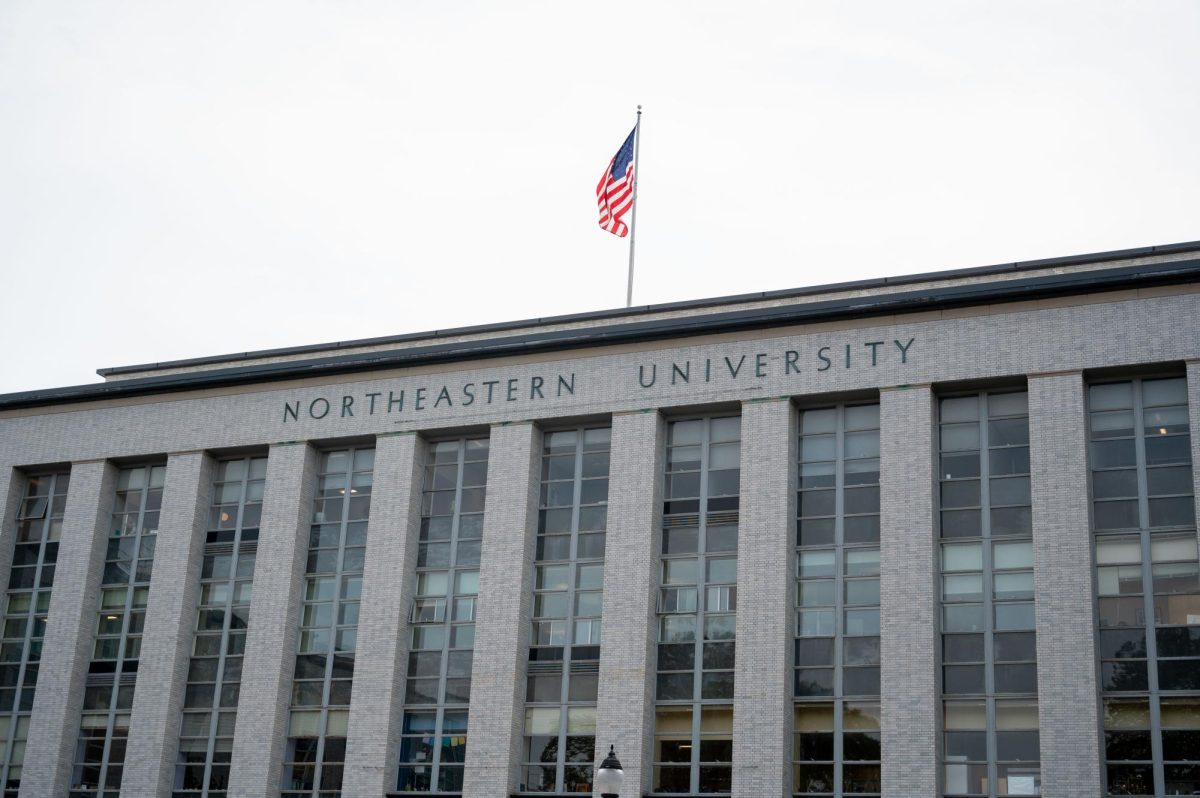By James Smith
Alcohol is the cause of many problems among college students, and its overexposure is the root of psychological and mental disorders, according to Henry Wechsler, Director of College Alcohol Studies at the Harvard School of Public Health.
“Easily obtainable cheap alcohol, especially beer, fuels binge drinking for underage college students,” said Wechsler. “Unless colleges and their surrounding communities reduce the easy access to cheap alcohol, we can expect colleges to produce a continuing stream of alcohol-addicted people.”
According to a recent study conducted at Duke University, binge drinking has been found to affect the brain and memory.
“We believe that the adolescent brain is more vulnerable to the neuro-toxic effects of alcohol than of the adult brain,” said Dr. Aaron M. White to the BBC News in August 2000.
According to the National Institutes of Health, alcohol can damage or impair the brain and its receptors, which afectmemory cognition and learning. Binge drinking has the potential to severely damage these receptors, which aids to memory and learning difficulties. Binge drinking among college students has also been linked with mental health disorders, which includes depression, anxiety, excessive compulsive behavior and violence that can take place later in life.
While the consequences heavily outweigh any positive theory about drinking, 92 percent of women and 72 percent of men across the country have reported themselves as “frequent binge drinkers” to Newsweek in June 1998.
There are also immediate negative effects of binge drinking. The National Institute of Youth Drinking studied and polled students from universities across the United States with student bodies over 10,000 and said 26 percent of women have reported unwanted sexual advances and 13 percent of both men and women have reported incidents where they were insulted or humiliated.
Almost half of those students surveyed, 47 percent, admit to having vomited after their “experience with alcohol” and 33 percent of students report to having started fights with students while under the influence.
When asked why teens binge drink at Northeastern, one junior, who refused to give her name, said that she “always felt intimidated or pressured into it.”
“The liquor was always there for us on the weekends, and it’s hard to say no,” said Joseph Corsini, a freshman finance major.
The long-term effects of binge drinking are sometimes not understood or taken into consideration.
“I didn’t know it could potentially cause so many problems with my health or I wouldn’t have done it at all,” said Ryong Chung, a freshman economics major.
According to the Journal of American Health of College Students, “frequent binge drinkers were eight times more likely than non-binge drinkers to miss a class, fall behind on their schoolwork, get hurt or injured and damage property.”
“A lot of teens binge drink either without knowing or thinking of the consequences,” said Nina Cremonese, a freshman English major.
Frequent drinking, White said, is connected to alcoholism, liver cancer, memory and learning disabilities and other long lasting consequences. Extreme use paves the road to suicide or even death, White said.









